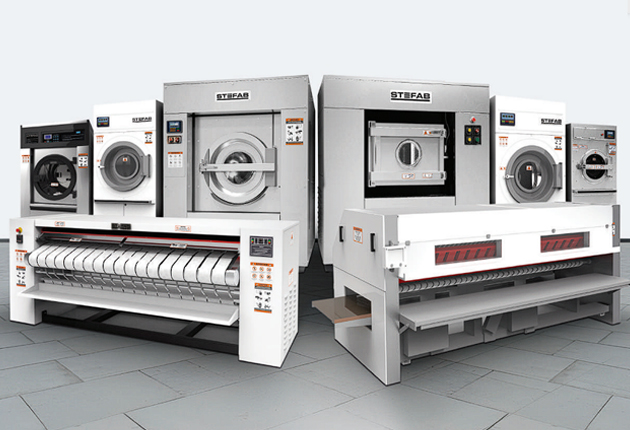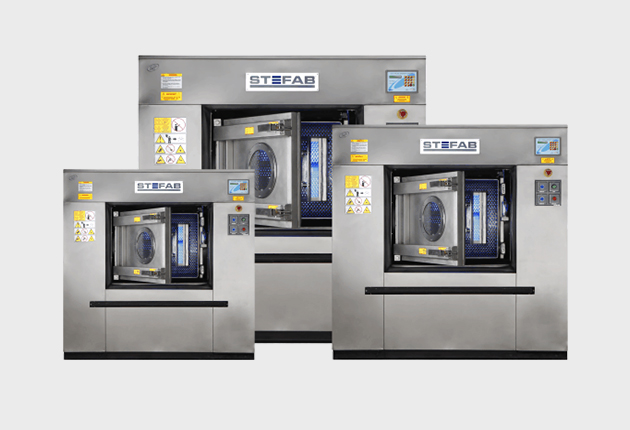Have Any Questions?
+960 9310373



Maintaining laundry equipment is essential for ensuring efficient operations, high-quality results, and user satisfaction. We maintain the equipment by doing –
By investing in high-quality laundry equipment and maintaining it properly, hospitality industry can ensure that they provide immaculate linens and garments, enhancing the overall guest experience.